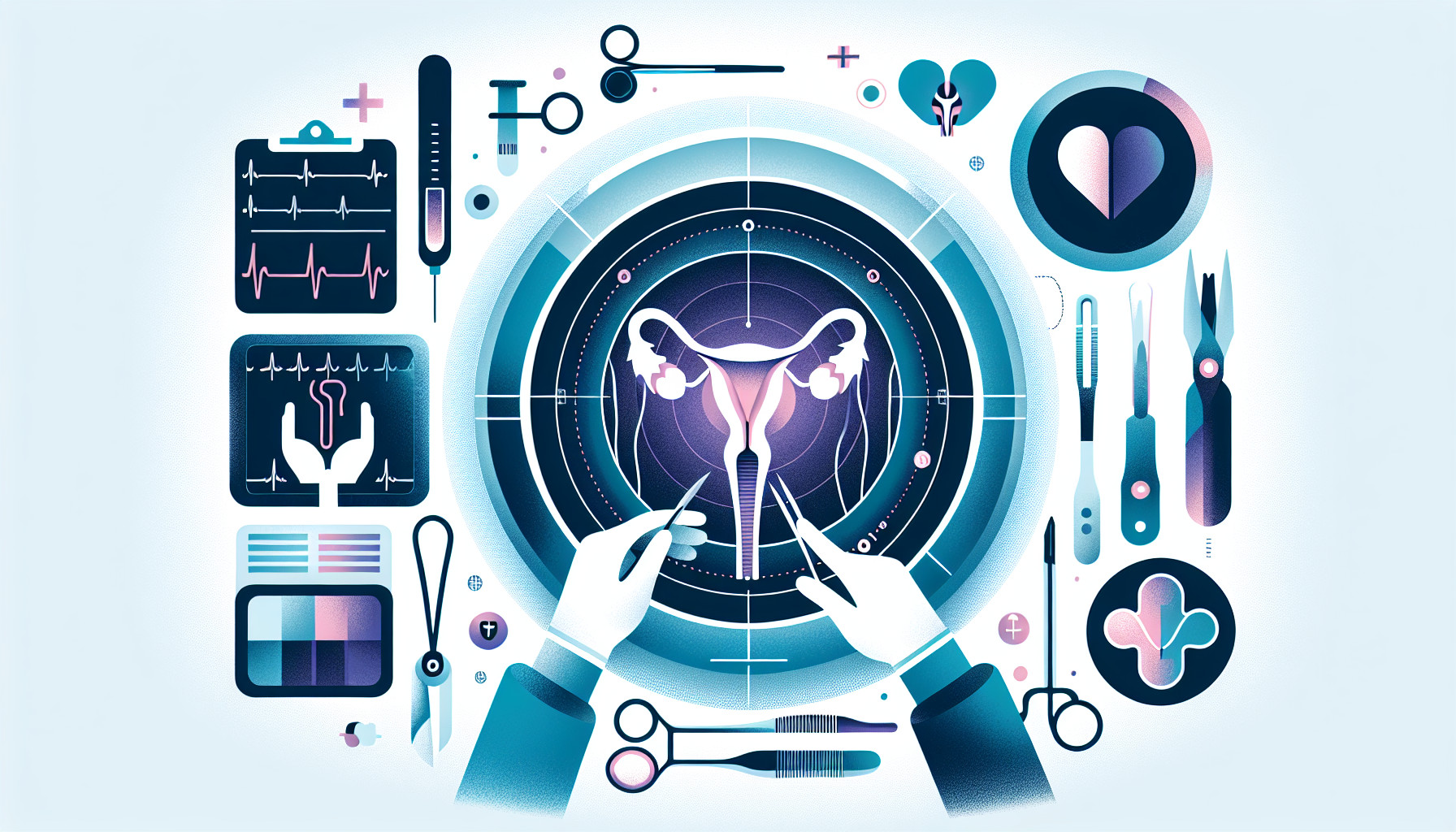Our Summary
This research paper focuses on varicoceles, which are enlarged veins in the scrotum that can cause issues like male infertility, testicular shrinkage, and pain. The paper discusses the common reasons for repairing varicoceles and notes that while some patients see improvements in semen quality and pregnancy outcomes after treatment, not everyone benefits in the same way.
The paper confirms that recent studies have shown significant improvement in pregnancy results for patients with noticeable varicoceles and abnormal semen. For teenagers with shrinking testicles due to varicoceles, surgery has had positive effects on growth and semen quality. However, more research is needed to understand the long-term impact of this surgery on fertility and fatherhood rates.
The paper also mentions that treatment for varicoceles has been successful in relieving associated pain in about 90% of cases. This supports the idea of surgery being an option for those suffering from varicocele-related pain.
Other potential reasons for treating varicoceles have been suggested in recent years. For example, surgery might help increase the chances of retrieving sperm in patients with non-obstructive azoospermia (a condition where sperm aren’t present in semen). Also, varicocele surgery might lead to a significant increase in testosterone levels in patients with androgen deficiency, which could provide an alternative treatment for this condition.
While these findings are promising, the research mostly comes from uncontrolled retrospective studies, so additional, more rigorous studies are needed. The potential benefits of varicocele surgery before assisted reproduction and its impact on reducing sperm DNA fragmentation also require further investigation.
FAQs
- What are the common indications for varicocele repair?
- Is there a consensus on the best candidates for varicocele surgery?
- Can varicocele surgery improve serum testosterone levels in patients with androgen deficiency?
Doctor’s Tip
One helpful tip a doctor might tell a patient about varicocele surgery is to follow post-operative care instructions closely to ensure proper healing and maximize the chances of a successful outcome. This may include avoiding heavy lifting or strenuous physical activity for a period of time, as well as wearing supportive underwear or a scrotal support garment to reduce discomfort and swelling. It is also important to attend follow-up appointments with your doctor to monitor progress and address any concerns or complications that may arise.
Suitable For
Typically, patients who are recommended for varicocele surgery are those with clinical varicoceles and abnormal semen parameters, adolescents with testicular hypotrophy, and patients experiencing varicocele-associated pain. Other potential candidates for varicocele surgery include those with androgen deficiency and non-obstructive azoospermia. However, it is important to note that not all patients may respond positively to treatment, and further research is needed to fully understand the potential benefits of varicocele repair in these patient populations.
Timeline
- Before varicocele surgery:
- Patient may experience symptoms such as testicular pain, discomfort, or heaviness
- Patient may be diagnosed with infertility or testicular hypotrophy
- Patient undergoes diagnostic tests such as semen analysis or scrotal ultrasound to confirm the presence of a varicocele
- Patient discusses treatment options with their doctor, including the possibility of varicocele repair surgery
- After varicocele surgery:
- Patient undergoes varicocele repair surgery, which can be done through various techniques such as open surgery or minimally invasive procedures like laparoscopic or microsurgical techniques
- Patient is advised to rest and avoid strenuous activities for a period of time after surgery
- Patient may experience some discomfort or swelling in the scrotum post-surgery, which usually resolves within a few days
- Patient follows up with their doctor for post-operative care and monitoring, including follow-up semen analysis to assess any improvement in sperm parameters
- Over time, patient may experience improvements in symptoms such as pain or discomfort, as well as improvements in semen quality and fertility outcomes
Overall, the timeline of a patient before and after varicocele surgery involves diagnosis, treatment decision-making, surgery, recovery, and monitoring for improvements in symptoms and fertility outcomes.
What to Ask Your Doctor
- What are the potential risks and complications associated with varicocele surgery?
- How long is the recovery period after the surgery and what can I expect in terms of pain and discomfort?
- Will the varicocele surgery improve my fertility and increase the chances of pregnancy?
- Are there any alternative treatment options for varicoceles that I should consider?
- What is the success rate of varicocele surgery in improving semen parameters and testicular function?
- How soon after the surgery can I resume sexual activity and normal daily activities?
- Will I need to undergo any follow-up tests or procedures after the surgery to monitor the success of the procedure?
- What is the experience and success rate of the surgeon in performing varicocele surgeries?
- Are there any lifestyle changes or medications that I should consider before or after the surgery to optimize the results?
- What are the chances of the varicocele recurring after the surgery and what can be done to prevent it?
Reference
Authors: Cho CL, Esteves SC, Agarwal A. Journal: Panminerva Med. 2019 Jun;61(2):152-163. doi: 10.23736/S0031-0808.18.03528-0. PMID: 30990285
